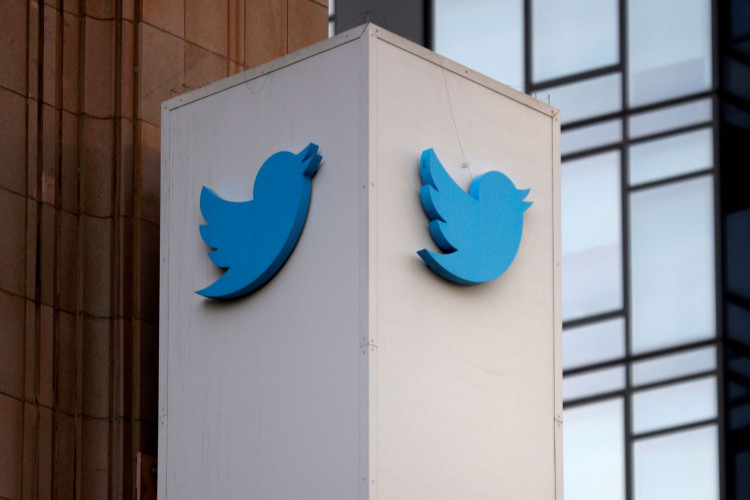Elon Musk's social media endeavor X, formerly Twitter, has stirred a fresh wave of controversy by unilaterally bestowing blue verification checkmarks upon select high-profile users, igniting a backlash from those who found themselves unexpectedly marked. This move, part of Musk's broader revamp of the platform's verification system, intended to democratize the process through a paid subscription model, has instead led to confusion and dissent among the platform's most recognized voices.
Katie Phang, an MSNBC host and lawyer, encapsulated the sentiment of many when she questioned, "What's with the random blue check I didn't ask for or pay for?" Her reaction underscores a broader discontent with the platform's new direction under Musk's leadership. Tom Nichols, a notable voice at The Atlantic, criticized the initiative's lack of discernment, saying, "I see that Musk is going back to the failed attempt to stick blue checks on people to try to obscure the difference between sensible folks and people who will pay eight dollars to Elon Musk."
The initiative to automatically upgrade influential accounts to X Premium, ostensibly to reward users with substantial "verified subscriber followers," has been met with skepticism and outright rejection. Yvette Nicole Brown, known for her role in "Community," echoed the collective surprise and resistance: "What happened? I didn't pay for this. I would NEVER pay for this."
David Simon, the mind behind "The Wire," was more direct in his disdain: "Yo, Elon, take this blue check and scratch your taint with the long end of it," showcasing the depth of the backlash against Musk's uninvited endorsements. Jeffrey Wright, an Oscar-nominated actor, shared a screenshot of his complimentary subscription notification with a biting commentary on the platform's plea for support, likening it to a desperate bid for validation.
This unsolicited verification spree marks a significant departure from the platform's original intent of blue checks as symbols of authenticity and noteworthiness. The shift towards a paid model had already diluted the badge's significance, but this latest gesture has further muddled the waters, prompting questions about the future of digital identity and credibility on X.
As X grapples with the fallout from this controversial strategy, the platform's attempt to court its influential user base appears to have backfired, raising critical questions about user autonomy and the platform's direction. The unfolding drama highlights the complex dynamics of social media influence, platform governance, and the ongoing negotiation of digital identity in the public sphere.






